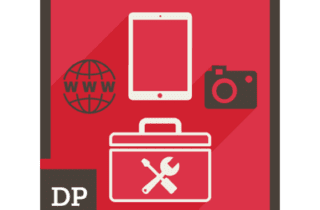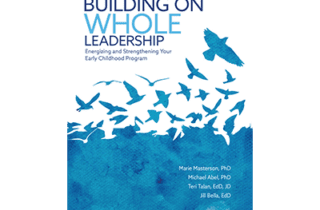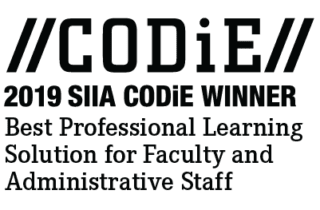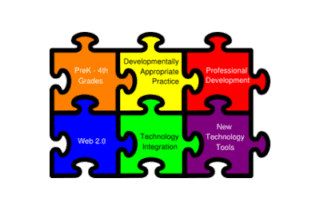Attendees will gain a framework for impactful professional learning, learn about assessment tools and strategies that support and inform a competency-based approach to learning, and hear from school leaders using the model.
All educators are lifelong learners, whether they’re figuring out how to incorporate the latest edtech device into their lessons or researching bios on NBA players to help a reluctant reader. But while schools expect teachers to continue their education, most only get rewarded for getting an advanced degree like a master’s or a Ph.D. Now, organizations like Digital Promise have developed micro-credential programs, which recognize educators for acquiring new skills. During her presentation “Measuring and Sustaining Professional Learning Through Micro-Credentials,” Odelia Younge, senior project director for educator micro-credentials at Digital Promise, explained the key elements of micro-credentials, how they work, and what differentiates them from other professional development.
The goal of this edWebinar is to infuse your work with balance and energy as you clarify essential goals and make the most of your resources.
edWeb.net is delighted to announce that it won the 2019 SIIA CODiE Award for Best Professional Learning Solution for Faculty & Administrative Staff, for the third year in a row. The winners were announced during the SIIA Ed Tech Conference & CODiE Awards in San Francisco on June 11.
edWeb.net is excited to announce that The State Educational Technology Directors Association (SETDA) will be sponsoring Professional Learning for Effective Practice: Leveraging Title IIA, a free professional learning community on edWeb that provides an online forum where district and state Title IIA leaders can learn about the effective implementation of the federal Title IIA program. The community will highlight program implementation best practices and share examples of evidence-based professional learning opportunities and exemplary professional learning programs at the state and district levels. Potential topics include evidence-based professional learning, creative use of monies, the coaching role, the do’s and don’ts of spending, and more.
This edWebinar will serve as the public launch of the new online community, Professional Learning for Effective Practice: Leveraging Title IIA.
In this edWebinar you will gain an understanding of the theory of change behind micro-credentials and how micro-credentials support professional learning.
In this edWebinar, GaDOE Social Studies Department virtual specialists share their journey in creating and maintaining virtual learning communities.
In this edWebinar, Dr. Monte Tatom, Associate Professor of Education at Freed-Hardeman University in Tennessee, presents ways that school leaders and teacher ed candidates can take advantage of opportunities to collaborate for professional learning.
School leaders can use online networks and communities for their own personal professional learning, and to support collaboration with staff across schools and districts. In “How Online Learning Communities Help Principals Collaborate and Succeed,” Shannon Holden, Assistant Principal, Republic Middle School, MO, presented on the unique possibilities that online collaboration offers for personal professional learning and within schools, and how school leaders can use edWeb.net for online collaboration with staff.









